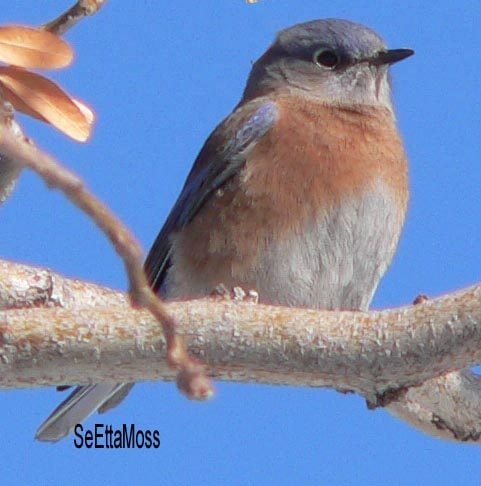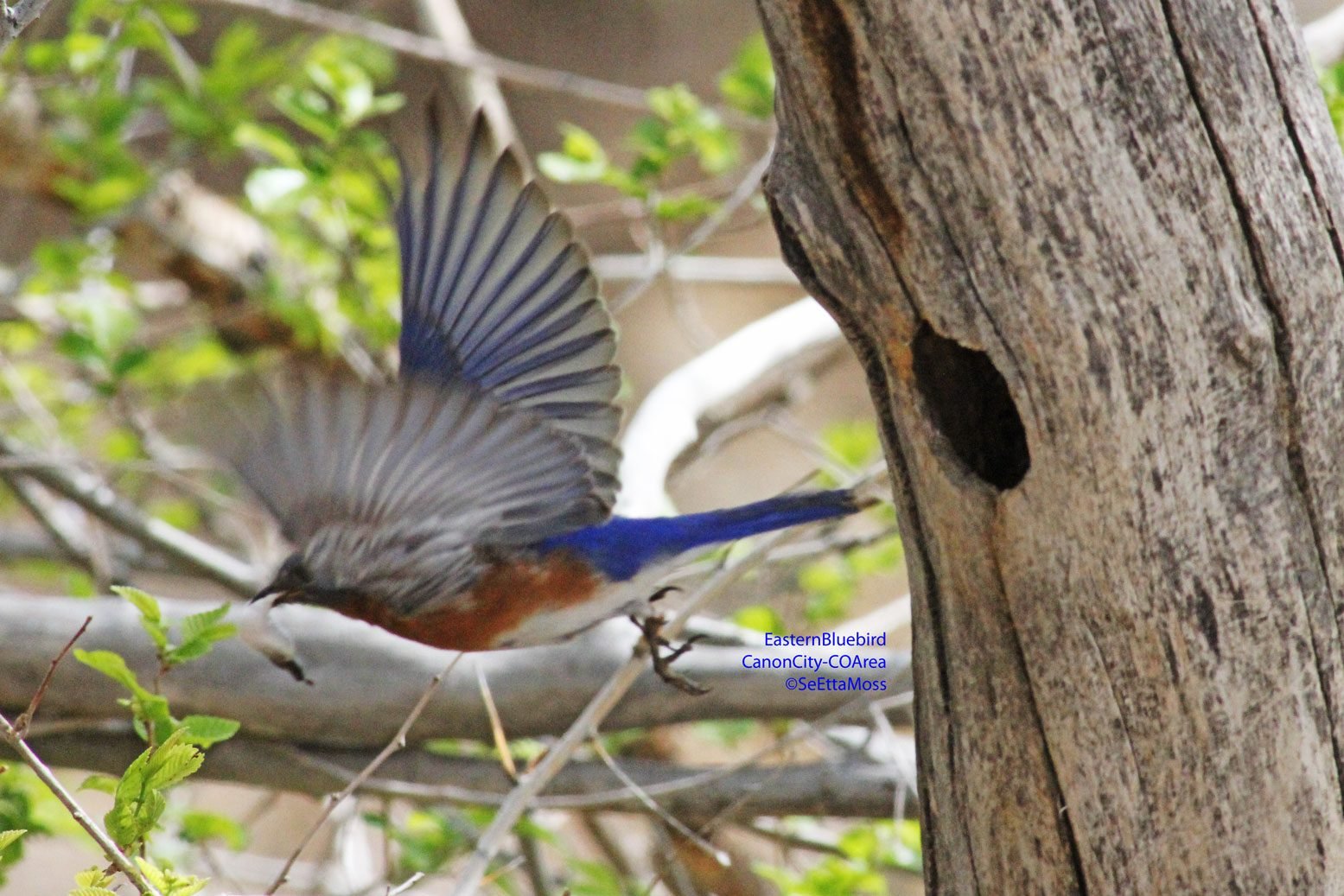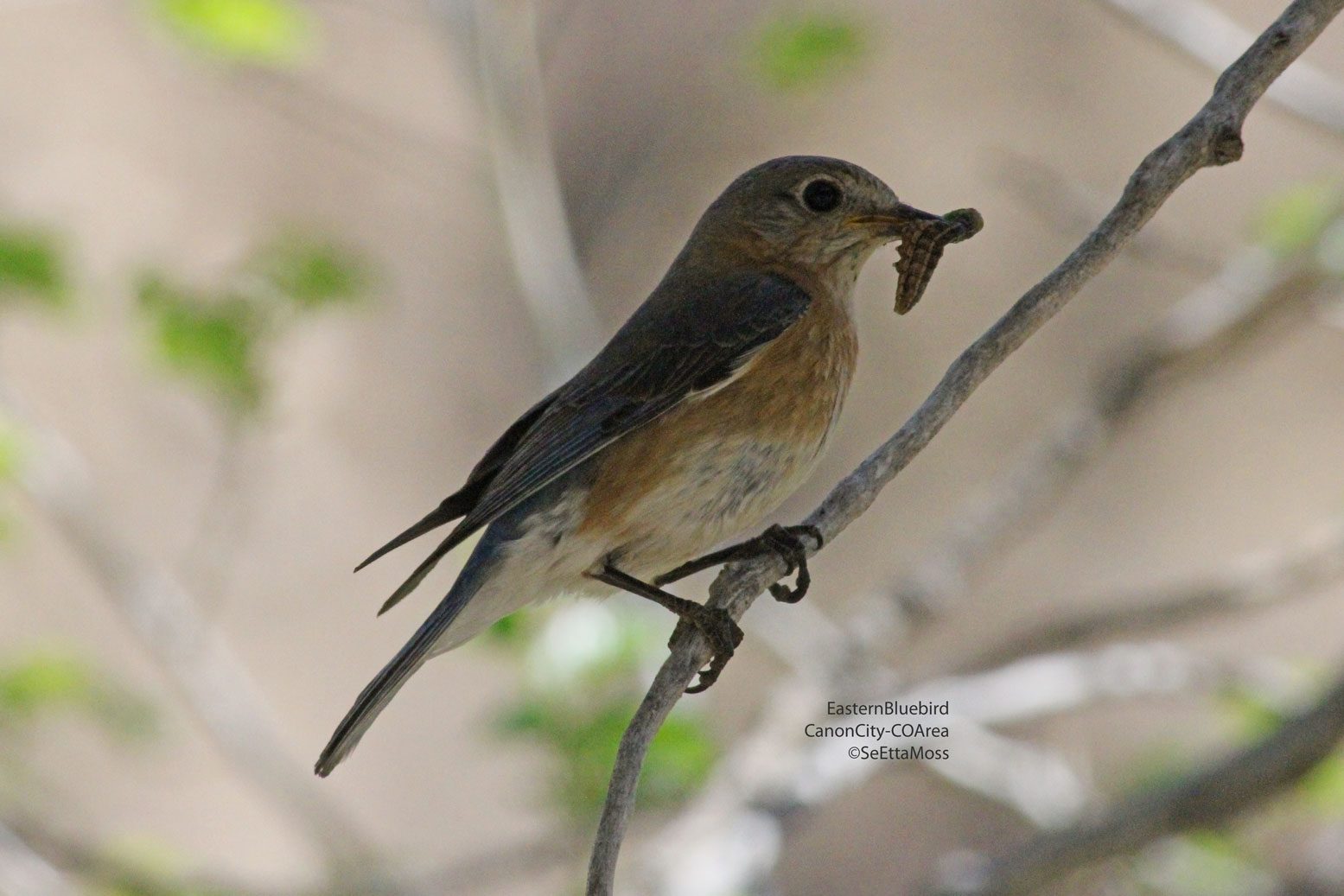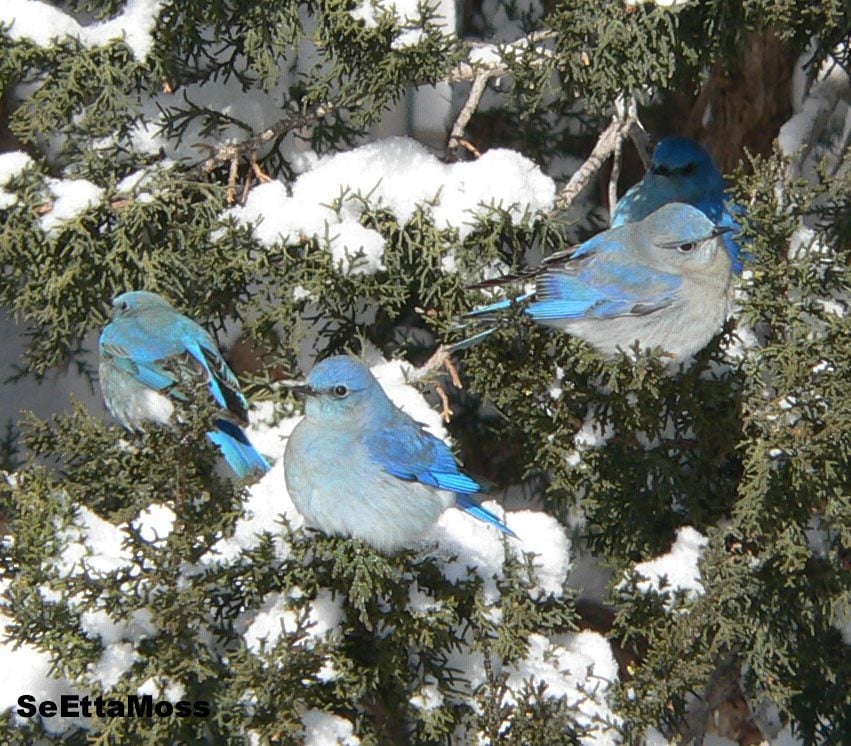Mealworms for Bluebird: when, how & do it safety
Updated: Apr. 24, 2020
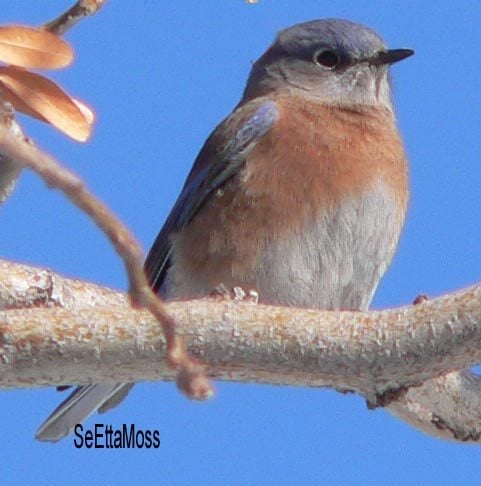
I noted in my last blog article that “mealworms are the best food to feed bluebirds” according to the Michigan
I noted in my last blog article that “mealworms are the best food to feed bluebirds” according to the Michigan Bluebird Society. So this article will focus on mealworms—when to feed them mealworms, how to do it and especially how to do it in a way that is safe for the birds.
If you are not aware of them, the North American Bluebird Society is “a non-profit education, conservation and research organization that promotes the recovery of bluebirds and other native cavity-nesting bird species in North America.” They are a great resource on all things bluebird and their website has a number of ‘Factsheets’ including ‘Getting started with bluebirds’ and ‘Nestbox Plans.’ They also have a Facebook page.
One of the North American Bluebird Society’s ‘Factsheets’ is all about mealworms–their care and how to feed them to bluebirds. They list the following times/reasons that mealworms can be fed to bluebirds:
- Entice them to use a nestbox
- Help the incubating female find food quickly so she does not have to leave her eggs unattended for long periods of time
- Act as supplementary food for nestlings if food becomes scarce—e.g., when weather conditions prevent the parents from finding insects
- Help birds survive during spells of severe weather
- As supplemental food when one parent is attempting to raise young because the other parent is missing.
The North American Bluebird Society also offers the following note of caution regarding feeding mealworms:
- “Because they do not provide complete nutrition, mealworms should be used as a supplemental food only. They are calcium depleting, which can leave young birds with weak bones or cause egg binding in laying birds. To counter this, put the mealworms in a plastic bag with calcium carbonate or calcium citrate powder, and shake it gently to coat them. Both forms of calcium are available at health food stores or online.
- Offer mealworms in limited quantities just once or twice a day unless poor weather conditions dictate more frequent feeding. A hundred or so worms offered morning and evening would be more than adequate for a pair with a box of nestlings.” [note: bolding for emphasis is blog author’s]
The North American Bluebird Society is a great group to join. A number of states and provinces (even Bermuda!) have bluebird organizations that are affiliates of the North American Bluebird Society and you can find them at the NABS Affiliates site.
